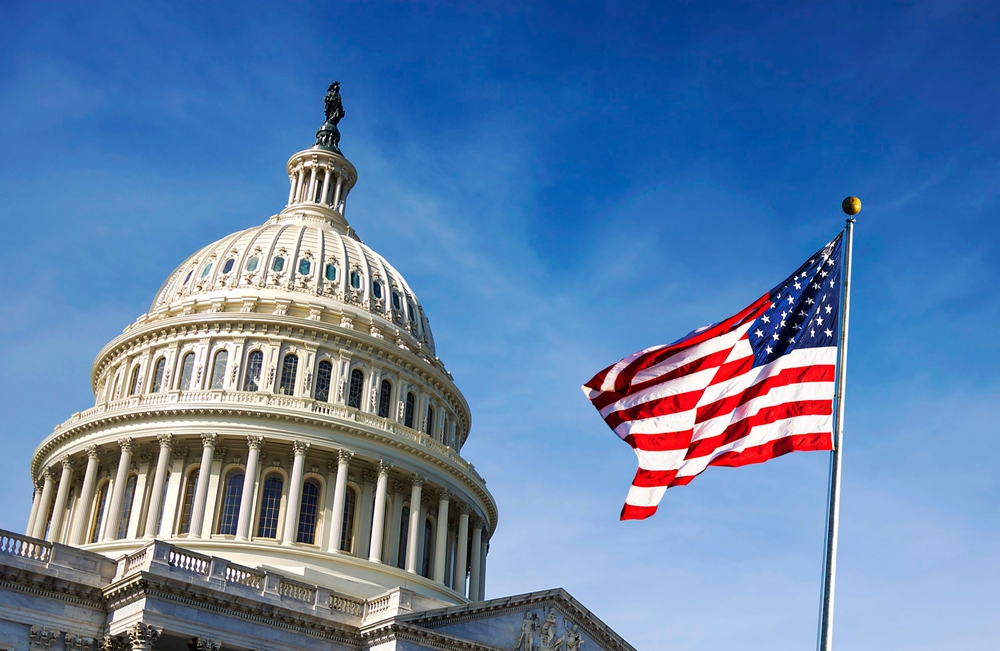Published
- 3 min read
The Impact of the US Presidential Election on the Future of Electric Mobility

The 2024 US Presidential election is causing waves in the global automotive industry, particularly among European automakers. As the November 5th election date approaches, there is mounting uncertainty surrounding the future of electric mobility. The two leading candidates—Kamala Harris, the Democratic nominee, and Donald Trump, the Republican challenger—hold very different views that could significantly affect the industry.
What a Harris victory means for electric vehicles
A win for Kamala Harris could open new doors for the European automotive sector. Harris has consistently promoted environmentally friendly policies, aligning with Joe Biden’s climate goals. Under the Inflation Reduction Act, which Harris helped champion, the US aims to reduce CO₂ emissions by 40% by 2030. This ambitious target places electric vehicles (EVs) at the heart of America’s transportation strategy.
Analysts like Jürgen Pieper and Stefan Bratzel believe that Harris’s policies could benefit European automakers. These manufacturers, already leaders in electric vehicle innovation, stand to gain from a more climate-focused US agenda. For instance, stricter emission regulations and incentives for EV production in the US could provide a boost to companies with strong EV portfolios. Tesla may be the dominant player in the US market, but European brands are quickly catching up in terms of innovation and performance.
Moreover, a Harris-led administration would likely foster a more open trade policy. This would allow European manufacturers to expand their US production capacities and further integrate into the North American market without the fear of protectionist trade barriers.
The risks of a Trump presidency for European automakers
On the other hand, a Donald Trump victory could signal a return to protectionist policies. During his first term, Trump was known for his efforts to restrict the market access of German premium brands like BMW and Mercedes-Benz. He openly criticized European manufacturers, particularly targeting automotive imports, while advocating for US-based production.
Trump’s re-election campaign includes promises of tax breaks for domestic manufacturers and the imposition of higher tariffs on imported vehicles. These measures could force European automakers to expand US production to avoid steep import duties. In the long term, such tariffs may disrupt global supply chains and strain the economic relationships between the US and Europe.
In addition, Trump’s close relationship with Elon Musk and Tesla could pose further challenges for European brands. Tesla, which already dominates the US electric vehicle market, would benefit from policies that restrict the entry of foreign competitors, especially Chinese EV brands like Nio and BYD.
The global landscape for electric vehicles
Regardless of who wins the 2024 election, the push toward electrification in the automotive industry is irreversible. Even in Trump’s administration, US automakers acknowledged the necessity of electric vehicle development to remain competitive. With 9.3% of the US auto market now being electric, the trend is accelerating, driven by both regulatory pressure and market demand.
For European manufacturers, adapting to global trends is critical. Pedro Pacheco, an expert at Gartner, advises these companies to focus on digitalization and software innovation, two areas where they can set themselves apart. European automakers should also look to the Chinese EV market for lessons that could help them strengthen their position in the US.

Douglas K. Richey is a freelance writer and editor with over 15 years of experience in the automotive industry. He has worked as a writer, editor, and content manager for a variety of publications.